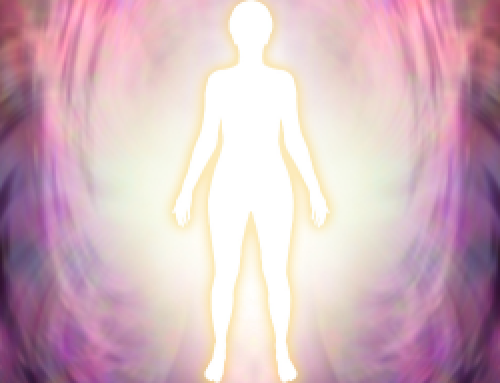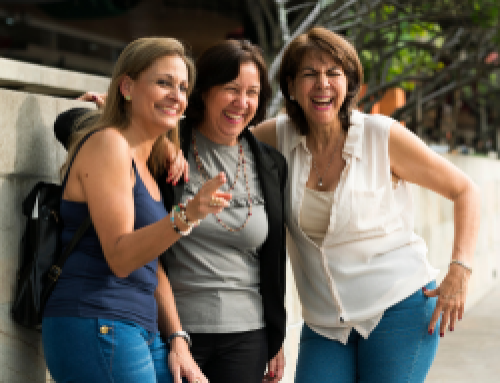 Decolonising Yoga can make it more Accessible
Decolonising Yoga can make it more Accessible
As I have said many times, I am so very grateful that my first yoga teacher was from a traditional eastern yoga lineage, as the focus of her teachings were more on meditation, and asana was done to balance the body’s energies and prepare the body for sitting in mediation for long periods.
Since I have become a yoga teacher, and because I am in an older, rounder, body, I have been looking at accessibility in yoga, and thinking back to my first experiences with yoga. And one of the things I have realised is that going back to yoga’s roots, and focusing on other aspects of the traditions of yoga can make it more accessible!
This going back to yoga’s traditions (sometimes called decolonising yoga) seems to me to be focused on the teachings of vedic texts, and in particular the Yoga Sutra’s of Patanjali and ALL of the 8 limbs of yoga –
- YAMA (Restraints, moral disciplines or moral vows),
- NIYAMA (Positive duties or observances),
- ASANA (Posture),
- PRANAYAMA (Breathing Techniques),
- PRATYAHARA (Sense withdrawal),
- DHARANA (Focused Concentration),
- DHYANA (Meditative Absorption) and
- SAMADHI (Union, Bliss or Enlightenment)
As you can see, asana is only one of the steps on the path of yoga, and many of the other limbs/steps are accessible to most people, no matter their level of body ability, strength or flexibility.
If you are alive you are breathing, and then can do some form of pranayama! Even if you can’t move you can practice mental discipline and focused concentration. And so on.
Other aspects of decolonising yoga can be to learn about/experience things like festivals, and the stories of gods and goddesses (which are full of symbolism), with Indian scholars and teachers, especially if they come from a lineage or grew up in the culture.
This year I am studying the Yoga Sutras of Patanjali in depth, from the sanskrit (the language they were written in), with an Indian teacher from a lineage background, and it is wonderful. We haven’t got far, but the discussions about the ‘modulations of the mind’ are fascinating, and require more flexibility of my mental capacities than my physical capacities!
I am also looking forward to experiencing Chaitra Navratri this month with this same teacher. (Chaitra Navratri is a lunar based festival held at the start of the Indian New Year, which celebrates the nine forms of the Goddess Durga, also known as the mother goddess.) I celebrated Sharad Navratri last year in October with her, and she explained the rituals, gave us guidelines about fasting (or detoxing), taught us how to set up our alters, and helped us be in the energies of the goddess on the different days with chanting, colour, etc. It was a wonder-full experience to go deeper in this way, and added depth to my own spiritual practice.
If you are interested in yoga I invite you to look for opportunities to decolonise your practice and learn from teachers with a depth of knowledge of the culture and traditions of India.
Karen Howard is a Facilitator, Coach, Energetic Body Worker and teacher of gentle yoga.
She is also co-founder of The She Oak Collective, a place for sensitive and spiritually curious women who crave deep connection and conversation.
Karen can be contacted via email – alwaysshinebrightly@gmail.com
If you are interested in joining the Navratri experience you can find out more here.
Another resource I like is https://www.embodiedphilosophy.com/ – I am currently attending a course led by an Indian scholar who has written a book connecting traditional stories to certain yoga poses.





Leave A Comment